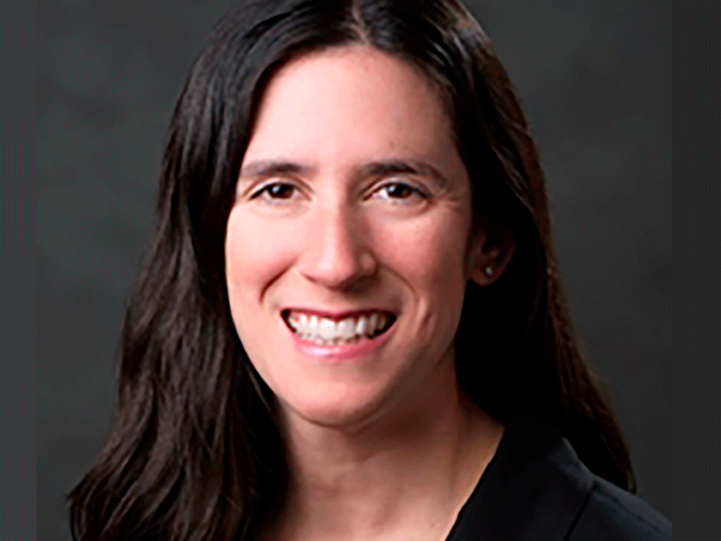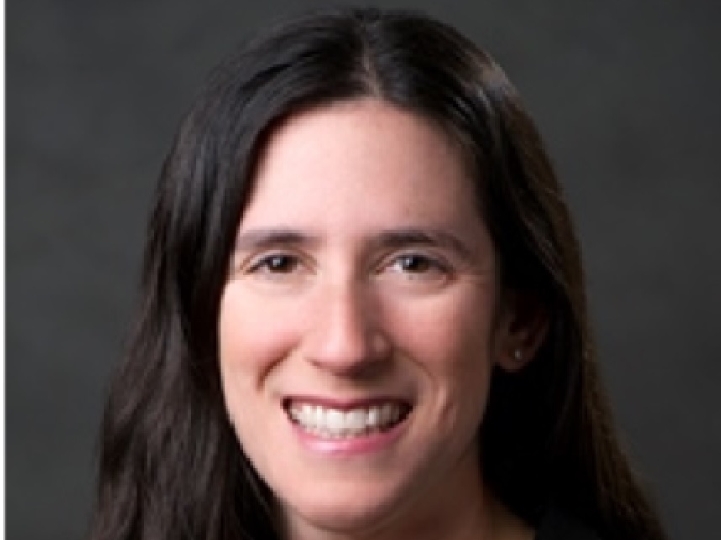
Introducing Other Critical Religious Studies Frameworks
February 15, 2021
Critical Religious Studies in Higher Education: An Ongoing Column in JCC Connexions
 I have used the first two instances of this recurring column to introduce readers to my own framework for advancing equity around religious, secular, and spiritual identities (RSSIs): Critical Religious Pluralism Theory (CRPT; Small, 2020). My development of CRPT mirrors other scholars’ work to apply critical frameworks to other forms of identity, such as race (Harper, 2012) and dis/ability (Annamma et al., 2016). These critical framings are a part of what has been described as a third wave of understanding around college student development: “The central contributions of the third wave are an emphasis on emancipation and societal transformation, required attention to larger structures of inequality, and the necessity of meaningfully integrating theory and practice through praxis to promote social change” (Jones, 2019, p. 11).
I have used the first two instances of this recurring column to introduce readers to my own framework for advancing equity around religious, secular, and spiritual identities (RSSIs): Critical Religious Pluralism Theory (CRPT; Small, 2020). My development of CRPT mirrors other scholars’ work to apply critical frameworks to other forms of identity, such as race (Harper, 2012) and dis/ability (Annamma et al., 2016). These critical framings are a part of what has been described as a third wave of understanding around college student development: “The central contributions of the third wave are an emphasis on emancipation and societal transformation, required attention to larger structures of inequality, and the necessity of meaningfully integrating theory and practice through praxis to promote social change” (Jones, 2019, p. 11).
I hope that my recent publication on CRPT can contribute in these ways, but I am not alone in realizing that higher education must address the structural inequalities that marginalize some RSSIs in a country dominated by White Christian privilege (Joshi, 2020). Therefore, I offer this abbreviated list of additional scholarship to add to your reading list:
- Two key publications by Sachi Edwards (2016, 2018). In her book Critical Conversations about Religion: Promises and Pitfalls of a Social Justice Approach to Interfaith Dialogue, Edwards (2016) makes the important points that religious identity encompasses far more than an individual’s beliefs and practices and that in fact one’s religio-cultural socialization defines “how their religious identity fits into the larger social system of domination and subordination” (p. xvi). Her follow-up article (2018) critiques the interfaith movement for its lack of critical awareness.
- Riyad Ahmed Shahjahan’s (2010) body of scholarship on faculty identity, spirituality, and antioppressive pedagogies. In particular, his article "Toward a Spiritual Praxis: The Role of Spirituality among Faculty of Color Teaching for Social Justice" shares that when the dominant discourse of secularism is unchallenged within the academy, “the hegemony of normalized Christian privilege persists unfettered” (p. 482).
- Jasmin Zine’s (2004) article "Creating a Critical Faith-Centered Space for Antiracist Feminism: Reflections of a Muslim Scholar-Activist." In this revelatory publication from outside the field of higher education, the sociologist proposes a critical framework that straddles the line between understanding “how religious and spiritual identifications represent sites of oppression and are connected to broader sites and systems of discrimination …, while acknowledging that religion has at times been historically misused and become complicit in the perpetuation of these oppressions” (p. 184).
- Two articles by Michael E. Dantley (2003, 2005), which speak to the impact a critical spiritual framework could have in the K-12 educational setting. His article "Critical Spirituality: Enhancing Transformative Leadership through Critical Theory and African American Prophetic Spirituality" affirms that utilizing a religious lens to enact social justice efforts is neither new nor necessarily counterintuitive. He posits that his framework “enables a leader to critically engage the present, propose an agenda or a project for transformation, and envision a better future” (p. 8).
I discussed these six publications, and many more, in the analysis I conducted that led to my development of CRPT (Small, 2020). I endeavored to amplify the strengths of these scholars’ ideas and frameworks, sometimes combining them with each other to create new premises, while also filling in any gaps I noticed. I encourage those interested in this topic to explore these additional readings. Together, they make a strong foundation for any reader wishing to become more knowledgeable about critical religious frameworks. Happily, because this area of scholarship continues to grow, I could continue on beyond the word limits of this column to share additional book and articles suggestions. Instead, I will save some of those recommendations for future columns.
Happy secular new year to all, and happy reading!
References
Annamma, S. A., Connor, D. J., & Ferri, B. A. (2016). Dis/ability critical race studies (DisCrit): Theorizing at the intersections of race and dis/ability. In D. J. Connor, B. A. Ferri, & S. A. Annamma (Eds.), DisCrit: Disability studies and critical race theory in education (pp. 9-32). Teachers College Press.
Dantley, M. E. (2003). Critical spirituality: Enhancing transformative leadership through critical theory and African American prophetic spirituality. International Journal of Leadership in Education, 6(1), 3-17. https://doi.org/10.1080/1360312022000069987
Dantley, M. E. (2005). The power of critical spirituality to act and to reform. Journal of School Leadership, 15(5), 500-518. https://doi.org/10.1177/105268460501500502
Edwards, S. (2016). Critical conversations about religion: Promises and pitfalls of a social justice approach to interfaith dialogue. Information Age Publishing.
Edwards, S. (2018). Critical reflections on the interfaith movement: A social justice perspective. Journal of Diversity in Higher Education, 11(2), 164-181.https://doi.org/10.1037/dhe0000053
Harper, S. R. (2012). Race without racism: How higher education researchers minimize racist institutional norms. The Review of Higher Education, 36(Suppl. 1), 9-29. https://doi.org/10.1353/rhe.2012.0047
Jones, S. R. (2019). Waves of change: The evolving history of student development theory. In E. S. Abes, S. R. Jones, & D.-L. Stewart (Eds.), Rethinking college student development theory using critical frameworks (pp. 7-16). Stylus Publishing.
Joshi, K. Y. (2020). White Christian privilege: The illusion of religious equality in America. New York University Press.
Shahjahan, R. A. (2010). Toward a spiritual praxis: The role of spirituality among faculty of color teaching for social justice. Review of Higher Education, 33(4), 473-512. https://doi.org/10.1353/rhe.0.0166
Small, J. L. (2020). Critical religious pluralism in higher education: A social justice framework to support religious diversity. Routledge.
Zine, J. (2004). Creating a critical faith-centered space for antiracist feminism: Reflections of a Muslim scholar-activist. Journal of Feminist Studies in Religion, 20(2), 167-187. https://doi.org/10.2979/FSR.2004.20.2.167